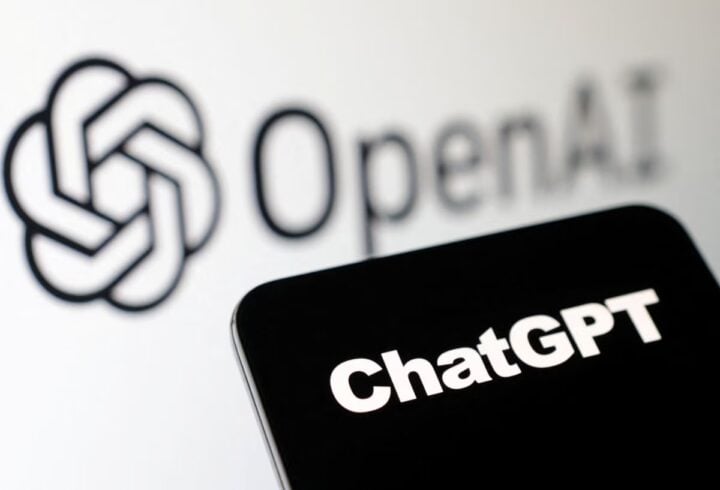BY DAMILOLA AYENI
In my literary exchanges with ChatGPT, I’ve noticed a handful of obsessions. Some can be forgiven as quirks of style: the em dash, for instance, which I’ve written about before; correlative conjunctions (It’s not just the giant of Africa but also the world’s poverty capital); infinitive phrases (To laugh, to dance, to keep hoping anyway); and tricolons (Nigeria is wounded, resilient, and unbroken).
Then there are the quotation marks. The machine seems to believe every unusual or stressed word deserves to be wrapped in quotation marks, even when inverted commas or italics would work just fine. It might write, for instance: “Ugly” and “beautiful” can describe one country. What the sentence really needs is inverted commas or italics. In its overuse of quotation marks, the machine sometimes creates a mocking tone it never intended.
And then come the commas. ChatGPT scatters them liberally, as though every pause in thought must be marked on the page. The general, who promised reform and transparency, failed spectacularly. Or: The budget, padded with figures and promises, collapsed quietly. Perfectly serviceable sentences end up bristling with unnecessary punctuation. The result is a kind of staccato rhythm that slows the reader down and obscures the sense. It is the opposite of what punctuation should do. A well-placed comma clarifies; an overabundance of it only confuses.
Advertisement
The other one I have discussed in a previous piece. ChatGPT talks too much, “like a student trying to impress the teacher with words. Paragraph after paragraph of polished emptiness.”
But one tic stands out as more than a stylistic choice or compulsive talkativeness born from an overabundance of words. It is an error, a misuse of grammar and sense: between 2015–2023.
The dash already means to. Thus, 2015–2023 means 2015 to 2023. Combine that with “between”, and you end up saying, in effect, “between 2015 to 2023”, a construction that grates on the ear because “between” collocates only with “and,” never with “to.” The correct forms are clear: between 2015 and 2023; from 2015 to 2023; or, more compactly, 2015–2023
Advertisement
Again, many obsessions of ChatGPT can be excused as a stylistic flourish. But this one, this habit of writing between 2015–2023, is a bona fide error.
If the em dash is ChatGPT’s guilty pleasure, then the hyphen-in-range is its guilty error. And perhaps, like all slips, the machine learned it from us. After all, ChatGPT was trained on a vast ocean of human writing. In that ocean, the mistake of between … to probably appears often enough to be mistaken for normal usage.
So, the machine is not inventing an error by reproducing it; rather, it’s echoing a human habit. And yet, even with its slips, the machine has made writing easier. Ideas are reshaped on command, and stubborn sentences finally give way under their suggestions. It frees the writer from staring at a blank page and the paralysis of where to begin. But a tool that predicts language is not the same as a mind that understands it.
This is why we cannot lean on it too heavily. To rely entirely on ChatGPT is to surrender the discipline of writing and the joy of shaping language with one’s own hand. The machine can suggest and assist, but not replace. The writer’s duty is still to write, sift, refine, and insist on clarity where the machine grows careless.
Advertisement
In the end, ChatGPT may be a companion in writing, but never a substitute for the writer. Its errors remind us that judgment, style, and truth remain stubbornly human.
Views expressed by contributors are strictly personal and not of TheCable.









